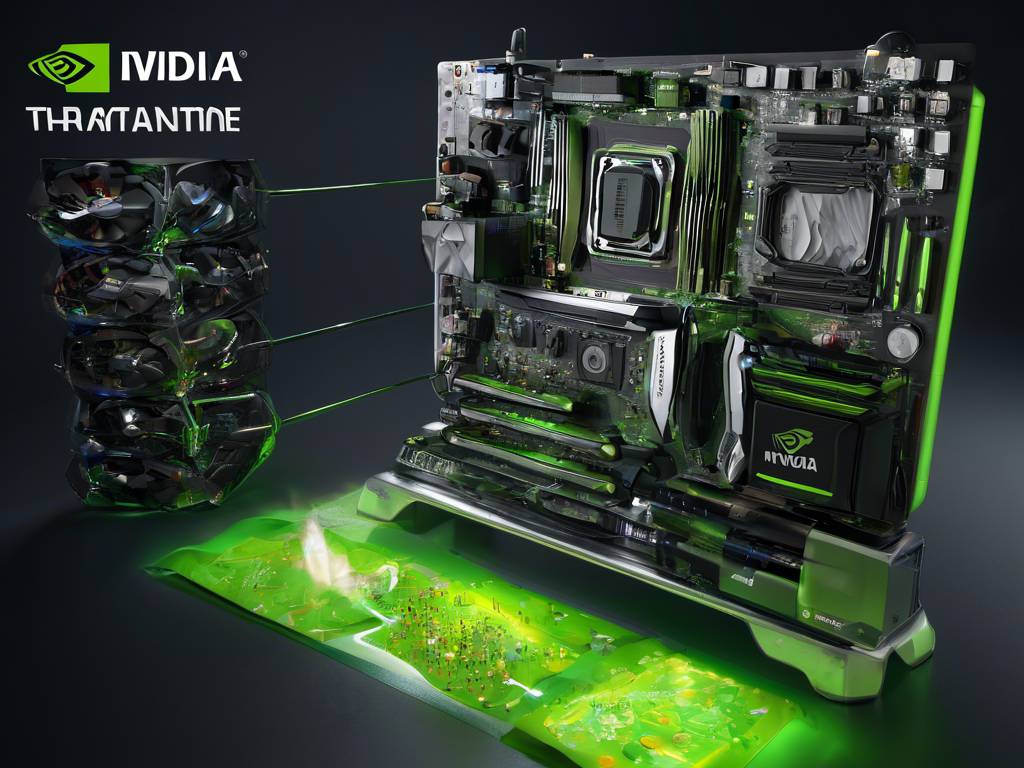Nvidia, a leading chip-making company in the United States, recently unveiled its latest product lineup, Blackwell, at its developer’s conference. This new platform has backward compatibility and a Lego-type architecture, allowing it to tie several GPUs together to create a large one. Additionally, the Blackwell platform meets Jensen’s law, which means doubling compute every eight years. Nvidia is no longer just a chip company, as it is now focused on getting the chip out into the ecosystem and developing software for the chip. The software side of the business will probably be more significant than the chip part of the business in the long run, approximately 5 to 7 years from now.
Blackwell’s launch came with a few announcements of partnerships with software companies, such as cadence, ansis, and synopsis, as well as bringing Omniverse Enterprise technology to Apple’s Vision Pro headset. TSMC will manufacture the chips using its 3 nanometer technology, which is one of the most advanced chip-making technologies available. Although Nvidia is still ahead, other players in the market, such as AMD and Intel, are trying to make inroads, and there is nothing like Blackwell known to be currently in the market.
The cloud service for researchers that Nvidia launched allows them to test out its Quantum Computing software and hints at the company’s growth in software. In the past, companies that could build software on top of new ecosystems succeeded, and this could be the case for Nvidia, with the creation of AI. Nvidia has not disclosed Blackwell’s price, but most people expect it to be slightly more expensive than the existing chipsets due to its modularity and reverse compatibility.
Overall, Blackwell is a significant addition to Nvidia’s product lineup, as it is focused on the next layer of the chip and the ecosystem, extended software, and the internet of things (IoT). As Blackwell continues to evolve, it is likely to outperform competitors and maintain Nvidia’s revenue momentum in the future.
Hot Take:
Nvidia’s launch of Blackwell is a game-changer in the chip-making industry, as it enables Nvidia to focus on the next layer of the chip and the ecosystem, extended software, and the internet of things. This move shows how Nvidia is no longer just a chip-making company but is moving into the software side of things. As Blackwell continues to evolve, it is likely to outperform competitors and maintain Nvidia’s revenue momentum in the future.





 By
By
 By
By
 By
By

 By
By